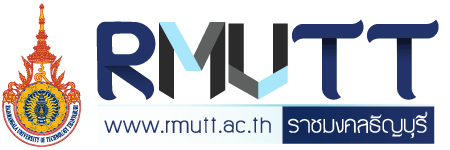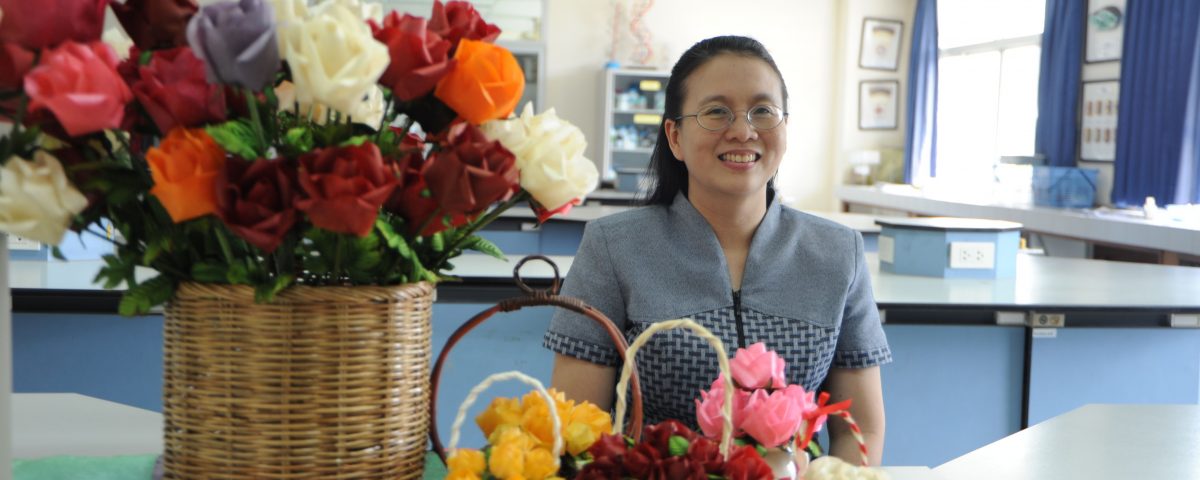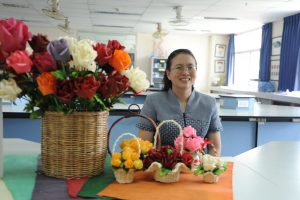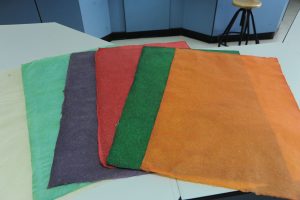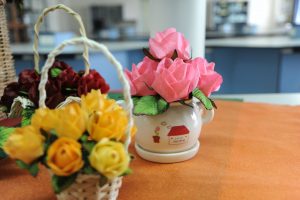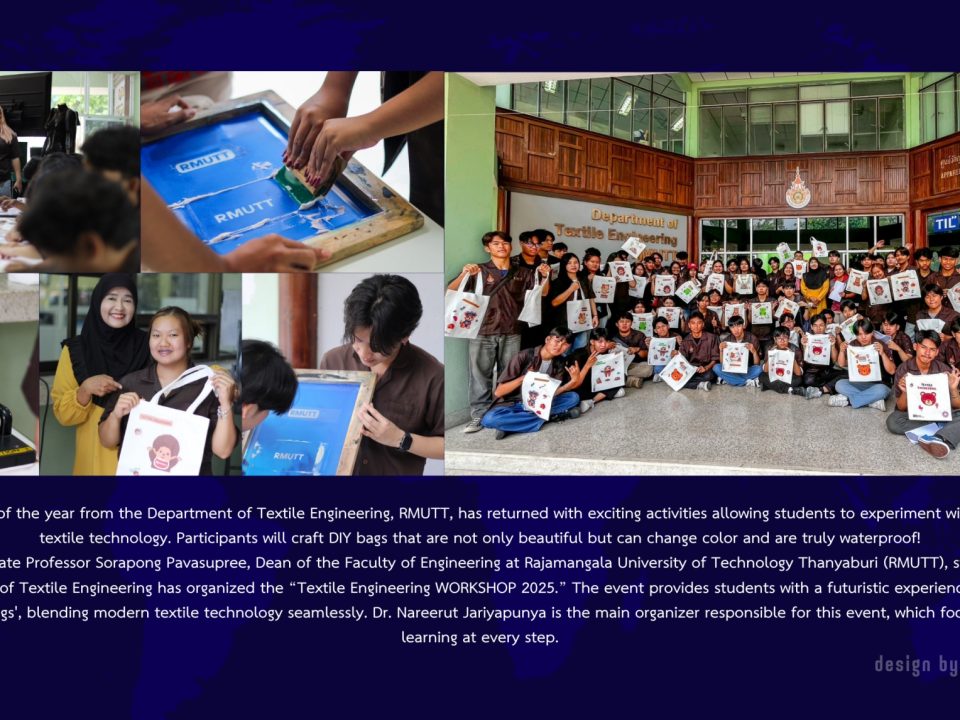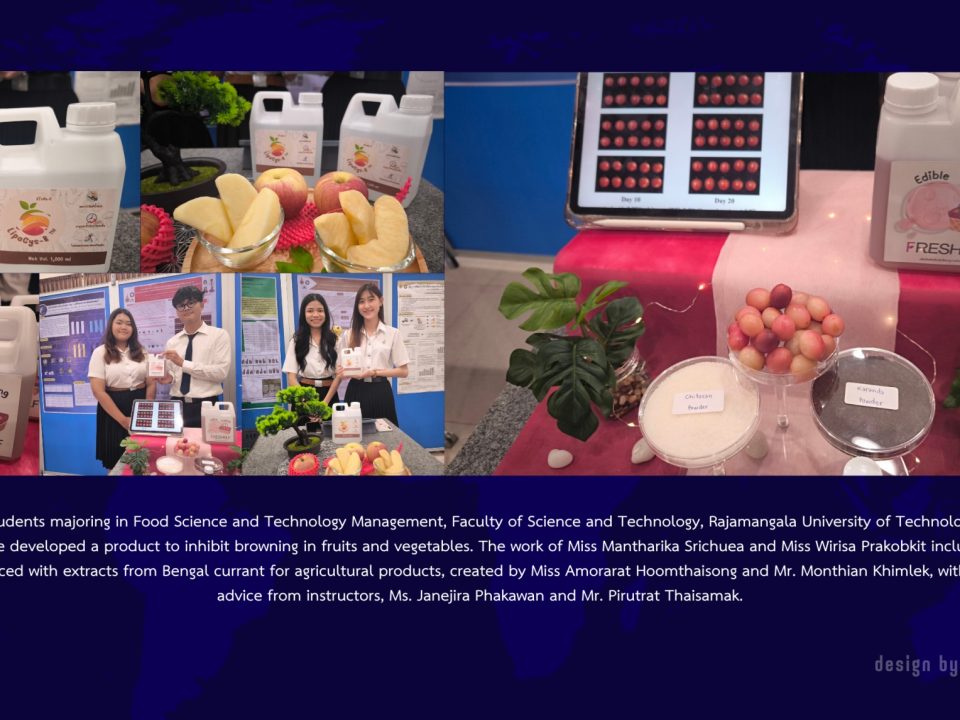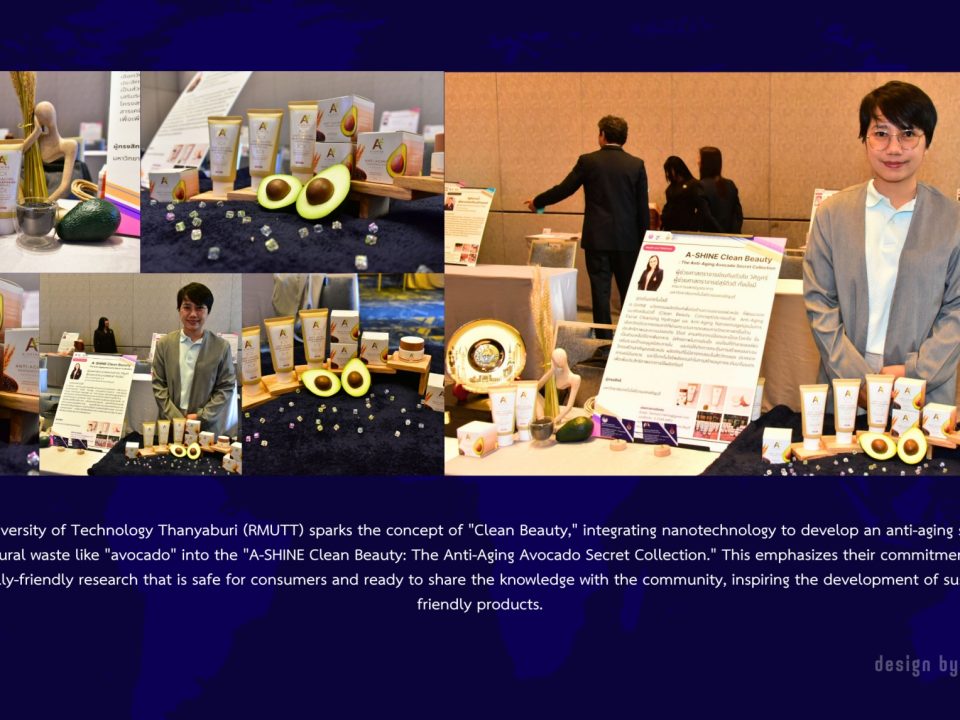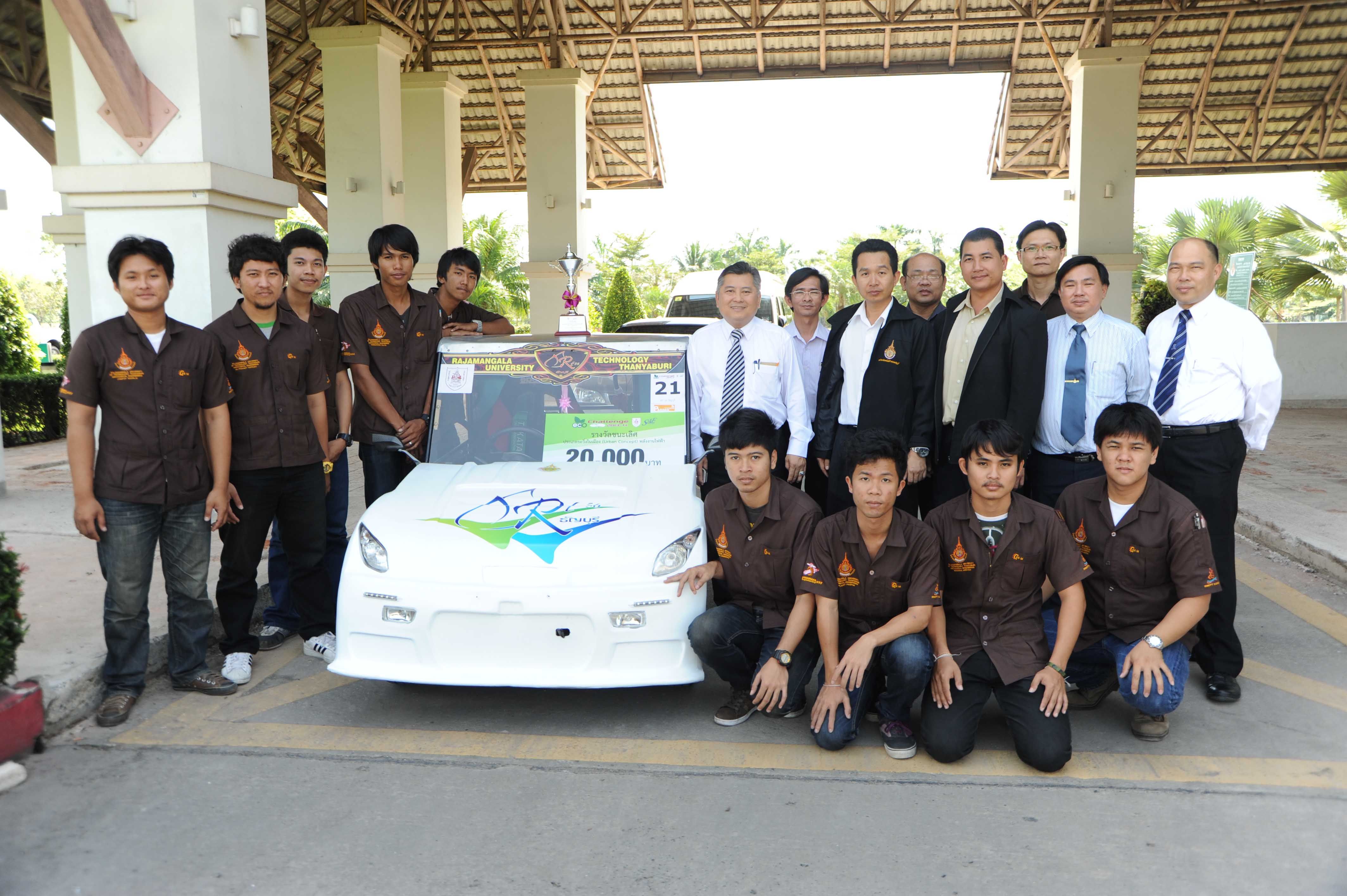
Winners of Eco Challenge 2013-14:Future Mechanical Engineers from RMUTT
14/03/2014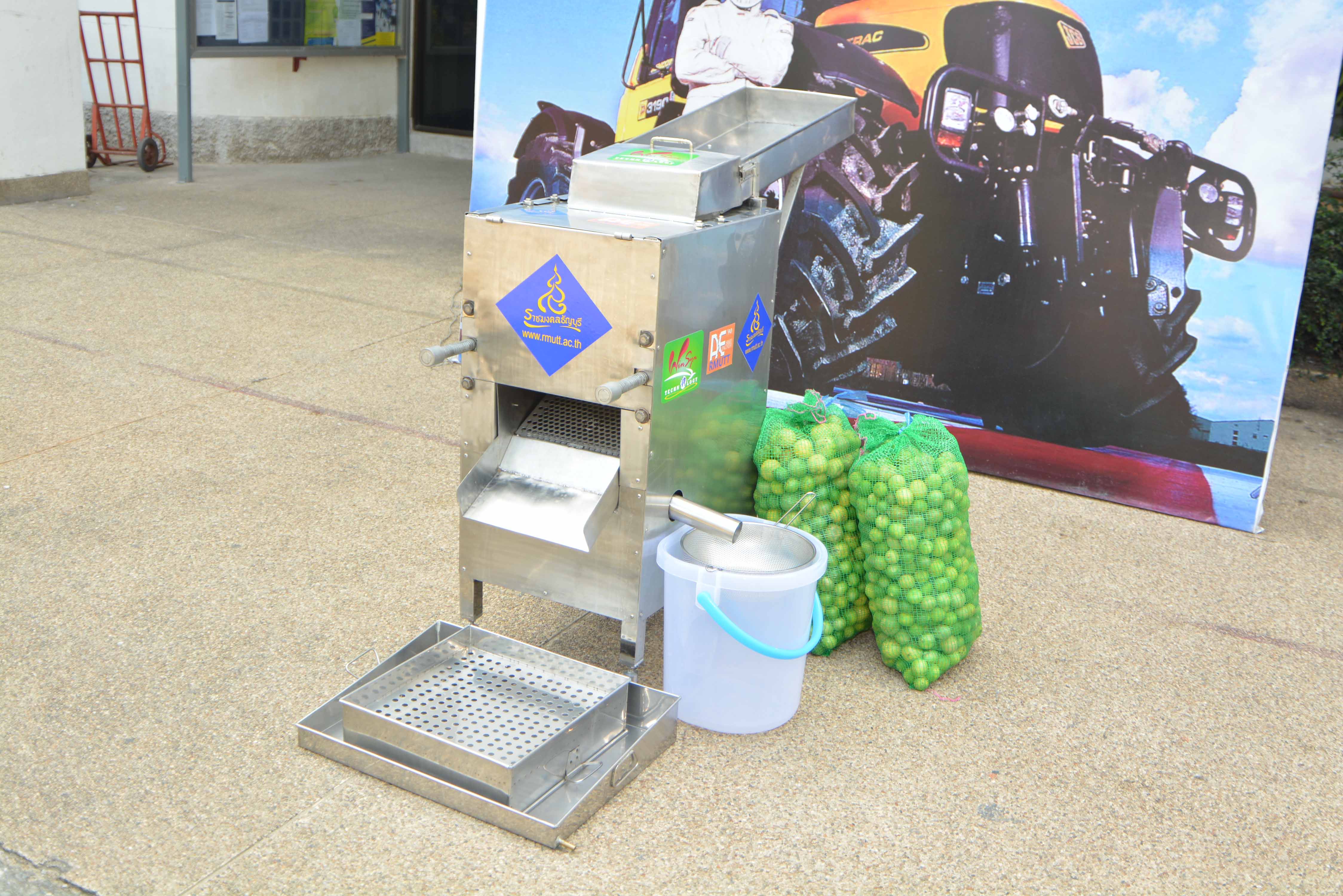
RMUTT Invention: Lime Juice Extractor Machine
31/03/2014Pineapple is a tropical plant that has its origins in the South American content. For Thailand, many pineapple species grow well in all parts of the country and are important commercial crops. Depending on where they are planted, they give different tastes and are processed into canned pineapples, which has become one of the country’s top export industries. Today, Thailand is one of the world’s top growers of pineapples, with approximately two million tons of production per year, some of which is processed into canned pineapples, which has also become one of the country’s major commercial export items, with more than 500,000 tons of finished products per year. Moreover, Thai people enjoy consuming fresh pineapples, whether cooked with their meals or as a type of snack.
Apart from consumption as food, pineapple is a versatile crop in which all parts can be used for different purposes. Its long, tough leaf fibers make good raw materials for the paper-making industry; its hull can be processed into animal feed and fermented organic fertilizer. From the industrial production process, factories produce up to 200 tons of leftover raw pineapple fibers per day. The majority of them is sold at 0.40 to 2.25 baht/kilogram to farmers, who will then use them to mix with animal feed.
Due to a large amount of leftover pineapple fibers everyday, Asst. Prof. Sudjaya Ritsorn, lecturer from the Department of Biology, Faculty of Science and Technology, Rajamangala University of Technology Thanyaburi, conceived the idea of converting these fibers into handmade paper in order to increase their commercial value as well as creating jobs for interested factory workers or villagers. One sheet of finished pineapple fiber paper can sell at 10 to 25 baht, much higher than the price of raw fibers sold as animal feed.
The production process begins with sun-drying raw pineapple fibers, before soaking them in water for one hour. Then, the fibers are cooked for two hours in a Sodium Hydroxide solution, at 80 to 90 degrees Celsius, and rinsed with water until clean of slippery residue. The cleaned fibers are then bleached in a hydrogen peroxide solution and washed until clean again before framing into 40×60 sheets.
Finished paper has outstanding tough, smooth, and transparent properties. These sheets feature beautiful fiber patterns and higher quality than industrially produced papers. One sheet can be sold at 20 baht or fashioned into crafts, such as paper flowers. Interested parties, please contact Asst. Prof. Sudjaya at 02-549-4177 or website: www.rmutt.ac.th
